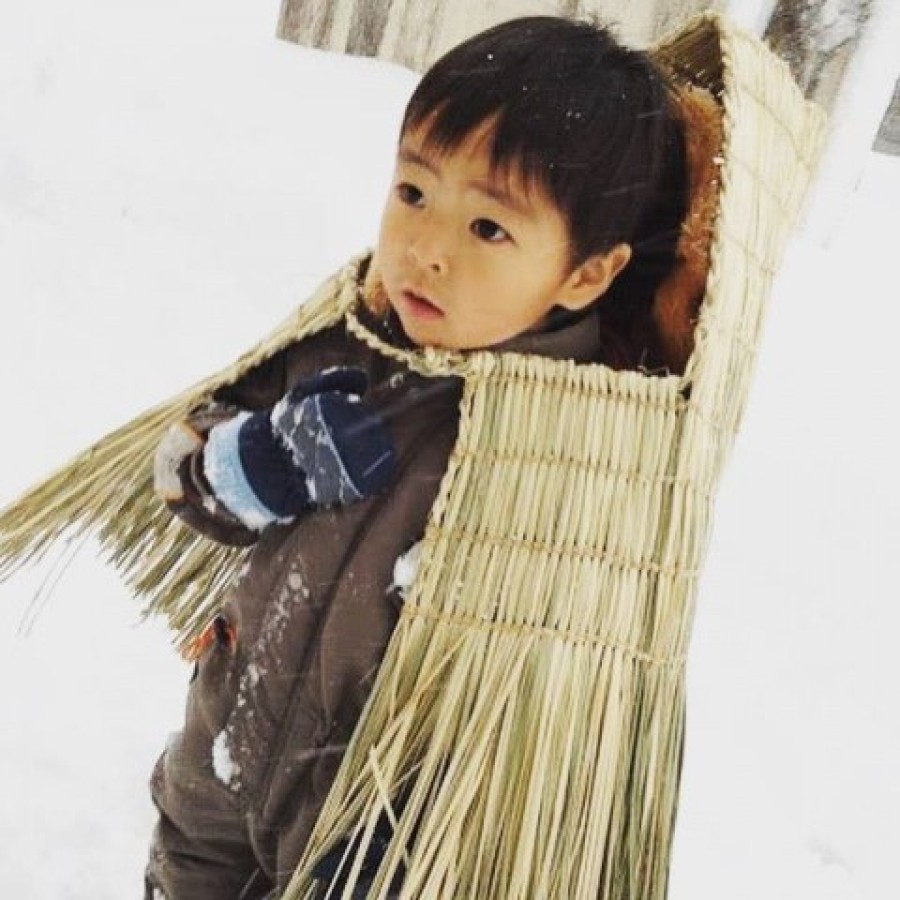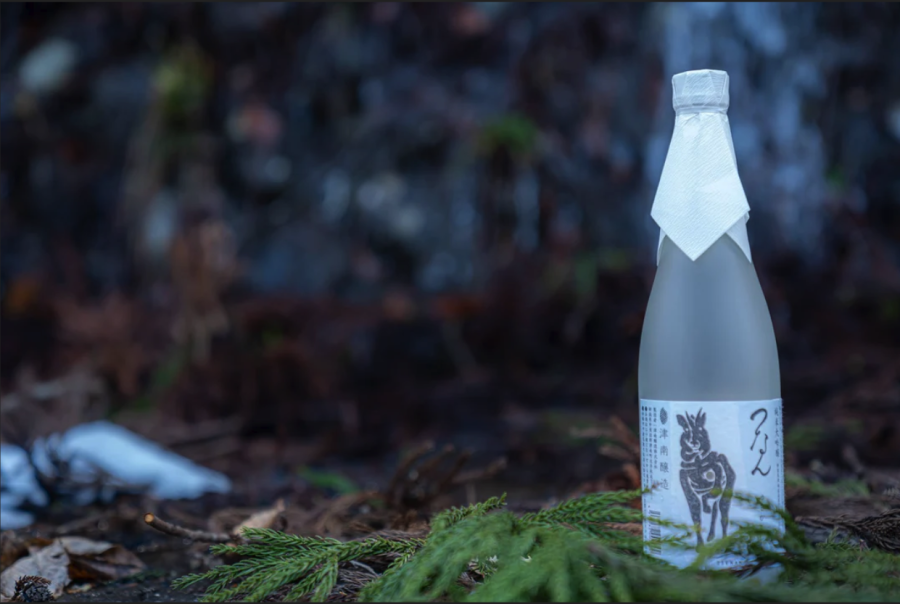Here is an act from one recent consultation.
'I have tried to promote NPO activities, but I feel that there are limits to what I can do on my own'
'Who can I work with because I want to tackle this issue anyway?'
The consultation was called.
They also asked questions about their social position as an NPO, as they had just set up their own NPO.
In fact, it is a question that is often asked and is very honestly held by many people.
I thought this was an area I had been vague about too, so I organised it and consulted with you about it, so I would like to spell out the content in today's column.
The organisations that often come up under the keyword 'collaboration' are government, NPOs and companies, but I think that many things become clearer when we understand their respective positions and roles.
*I don't think there is a particularly right answer, so I hope you can take this as just my subjective view.
What they all have in common in their respective positions is that they are all working for someone else.
Every organisation hataraku for someone else, as the word hataraku means to make it easy for someone else.
Even if each of them is in a position to help someone in need, I wonder if they have different decision-making criteria.
As regards their respective areas of expertise, an analogy can be drawn with regard to
In response to the trouble in front of them.
The government is very good at making life commonplace for everyone at large.
NPOs are very good at finding and moving on from problems that are often hidden.
Companies are very good at continuously circulating value provision from general troubles.
Conversely, each of them can be a pain in the ass.
For the trouble in front of you
As the government uses taxpayers' money, it is difficult to make policy unless the issue is socially recognised and confirmed.
NPOs have started to move, but don't know how to continue.
Companies are reluctant to move if they cannot find marketability even when the challenge is in front of them.
If collaboration means that each person has a role to play, and they can work on what they are good at while compensating for what they are not good at, then it would be good if they understand what each other is good at and what each other is not good at.
When you want to continue the events that NPOs are working on as the norm in the wider world, it is another step towards collaboration to think about who and what kind of cooperation you can have.
I can't go into more detail and specific ways to get involved here because it would be too long, but that's the kind of consultation I had.
This consultation reminded me of a song by Misuzu Kaneko.
I can't write the lyrics directly, so I'll just write the meaning, which is like this.
'I cannot fly like a bird, but a bird cannot run like me.
My body doesn't make as much noise as a bell, but a bell doesn't know as many songs as I do. Everyone is different, everyone is good."
Collaboration is exactly what this is about.
It's become kind of a sobering experience, but maybe the opportunity will come from understanding each other's strengths and weaknesses in working for someone else.
December 9, 2014
Atsushi Karasawa
Original Article: https://ats084.blogspot.com/2014/
advertisement







